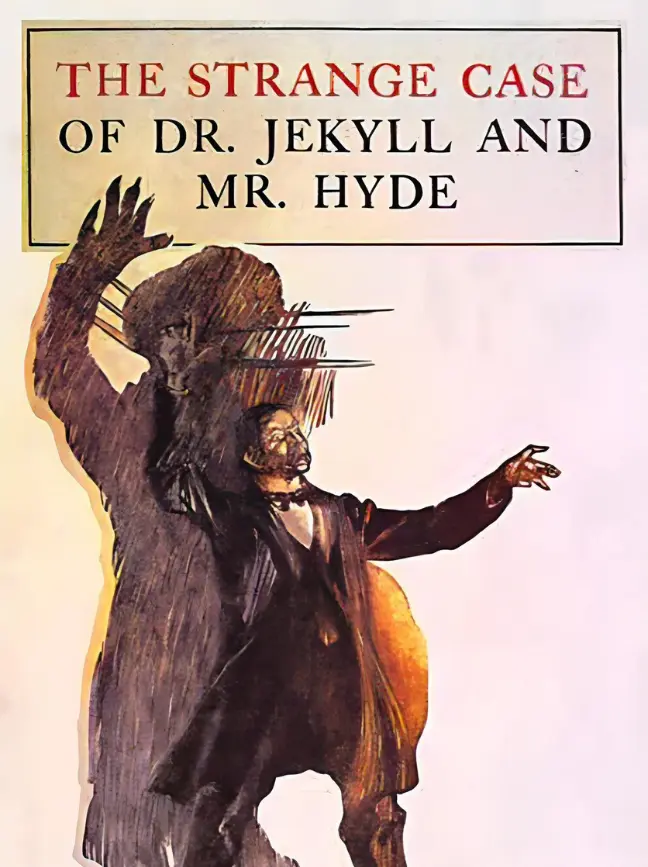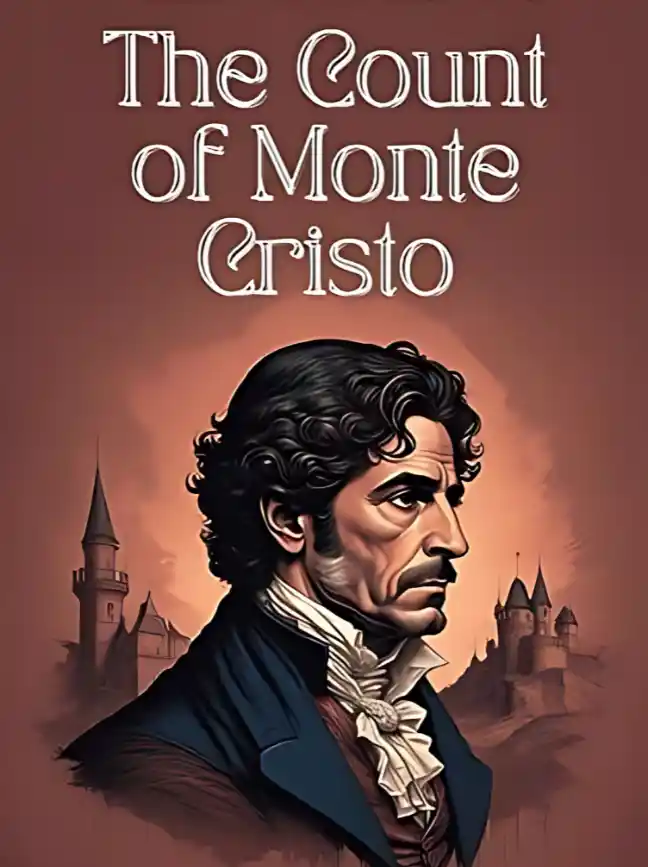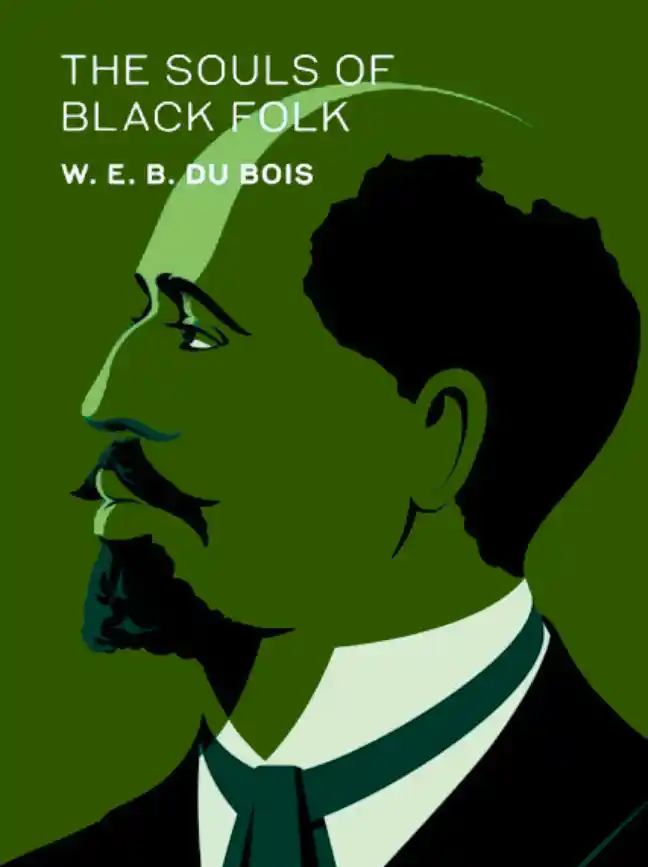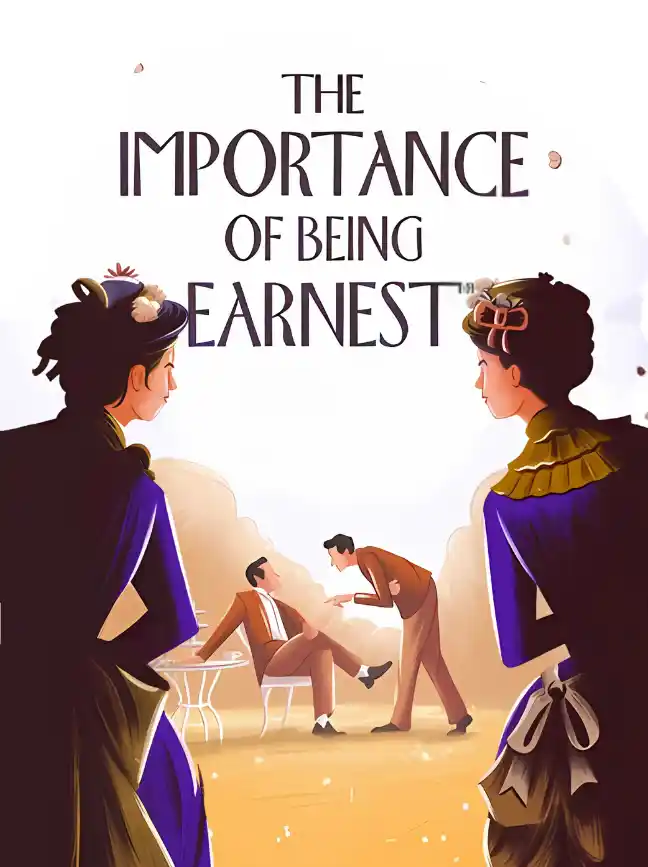N
oemí rushed along the darkened hallway, a hand on the wall to steady herself. The lights that were working seemed spectral and awfully dim, flickering in and out of life, but she knew the path by memory.
Quickly, quickly, she told herself.
Noemí feared her cousin’s room would be locked, but she turned the doorknob and yanked the door open.
Catalina sat on the bed in a white nightgown. She was not alone.
Mary kept her company, her eyes fixed on the floor.
“Catalina, we’re leaving,” Noemí said, extending a hand in her cousin’s direction while she held the razor in the other.
Catalina did not move; she did not even acknowledge Noemí, her gaze lost.
“Catalina,” she repeated. The young woman didn’t budge.
Noemí bit her lip and walked in, her eyes fixed on the maid sitting in the corner, her hand trembling as she gripped the razor. “For God’s sake, Catalina, snap out of it,” she said.
But it was the maid who raised her head, golden eyes zeroing in on Noemí, and rushed toward her, shoving her against the vanity. Her hands wrapped around Noemí’s throat. It was such a startling attack, the strength of the woman unthinkable for someone her age, that Noemí dropped the blade. Several items on the vanity also clattered and fell: perfume bottles and a hair comb and a picture of Catalina in a silver frame.
The maid pushed harder, forcing Noemí to step back, the hands at her throat squeezing tight and wood digging against her back. She
tried to grasp something, anything as a weapon, but her fingers found nothing suitable, tugging at a doily, overturning a porcelain pitcher that rolled upon the ground and cracked.
“Ours,” the maid said. It didn’t sound like the woman’s voice. It was an odd, raspy sound. It was the voice of the house, the voice of someone or something else, reproduced and approximated by these vocal cords.
Noemí attempted to pry the fingers off her neck, but those hands were more like claws, and all Noemí managed was to gasp and tug at the woman’s hair, which accomplished nothing.
“Ours,” Mary repeated, then clenched her teeth like a wild animal, and Noemí could hardly see, so bad was the pain. Her eyes watered, her throat was on fire.
Suddenly the woman was yanked away and Noemí was able to breathe, taking in air in huge, desperate gulps as she gripped the dresser with one hand.
Francis had walked in, and he had pulled the maid off Noemí, but now the woman was clawing at him, her mouth opening wide to unleash a hideous screech. She shoved him down, onto the floor, her hands around his neck, bent over him like a bird of prey ready to devour a piece of carrion.
Noemí picked up the straight razor and approached them. “Stop!” she cried out, and the woman turned around, screeching at Noemí, ready to sink those hands into her neck again and crush her windpipe.
She knew then a dizzy sort of terror, pure and overwhelming, and she slashed at the woman’s throat. Once, twice, three times, blade meeting flesh, and the woman did not cry out. She fell to the ground in silence, face-first.
Blood dripped down Noemí’s fingers, and Francis raised his head and looked up at her, dazed. He stood up and stepped toward her. “Are you hurt?”
She rubbed her neck with her free hand and stared at the dead woman on the floor. She must be dead. Noemí dare not turn the body
over to look at her face, but there was a pool of blood growing underneath her.
Her heart beat with a terrible, thundering force, and the blood dripped down, dirtying the pretty antique dress, dirtying her fingers. She slid the blade into her pocket, rubbed the tears from her eyes.
“Noemí?”
He was now in front of her, blocking her view, and she snapped her eyes up to stare into his wan face. “Where were you?” she asked, fingers furiously clutching the lapels of his frock coat, and she wanted to beat him for not being with her, for leaving her alone.
“Locked in my room,” he said. “I had to break out. I had to find you.”
“You aren’t lying? You didn’t abandon me?” “No! Please, are you hurt?”
She chuckled. A ghastly chuckle, since she had fended off a rapist and escaped being choked to death.
“Noemí,” he said.
He sounded worried. He should be. They should all be terribly worried. She let go of him. “We have to get out of here.”
She turned to Catalina. Her cousin was still sitting on the bed. She had not moved, except to press a hand against her open mouth. Her eyes were fixed on the lifeless body of the maid. Noemí pulled the covers away and grabbed her cousin’s hand.
“Come on,” she said, and when Catalina wouldn’t move, she turned to Francis, whose suit was now smeared with her bloody fingerprints. “What’s wrong with her?”
“They must have drugged her again. Without the tincture—”
Noemí took her cousin’s face between her hands and spoke firmly. “We’re leaving.”
Catalina did not react. She wasn’t looking at Noemí. Her eyes were glassy. Noemí saw a pair of slippers by the bed and grabbed them, fitting them on Catalina’s feet. Then Noemí yanked Catalina by the arm, pulling her out of the bed. Catalina followed her, docile.
They hurried down the hallway. In her white nightgown Catalina looked like a second bride. Two ghost brides, Noemí thought.
Ahead of them a shadow emerged from within a pool of darkness, darting onto their path and startling Noemí.
“Stop,” Florence said. Her face was very composed. Her voice did not sound anxious. She carried a gun in her hand rather casually, as if this were a regular occurrence.
They stood still. Noemí had the razor, but even as she tightened her grip around its wood handle she knew she didn’t stand much of a chance, and Florence was aiming squarely at her.
“Drop that,” Florence said.
Noemí’s hand trembled, and the blood made the handle slick, difficult to hold, but she held it up. At her side, Catalina was trembling too.
“You can’t make me.”
“Drop it, I said,” Florence repeated.
Her preternaturally calm voice had not wavered, but in her cold eyes Noemí could read savage murder, yet Noemí did not let go of the weapon until the woman shifted her aim, pointing at Catalina. The threat was clear, there was no need to speak it.
Noemí swallowed and dropped the weapon.
“Turn around and start walking,” Florence commanded.
They did. Back the way they’d come, until they reached Howard’s room with the fireplace and the twin paintings of his wives. The old man lay in the ornate bed, as before, and Dr. Cummins sat at his side. The doctor’s bag was open, resting upon a side table, and now he took out a scalpel from it and pricked a couple of boils on Howard’s lips and cut through a thin film that seemed to cover his mouth.
This must have eased the man’s pain, for Howard sighed. Dr. Cummins placed the scalpel next to the bag and wiped his forehead with the back of his hand and let out a grunt.
“There you are,” he said, rounding the bed. “It has accelerated. He can’t breathe properly. We need to begin.”
“It’s her,” Florence said, “and the trouble she has caused. Mary is dead.”
Howard lay propped against a considerable number of pillows. His mouth was open, and he was making a wheezing sound as he clutched at the covers with his gnarled hands. His skin seemed the color of wax, the veins very dark, standing out against such paleness, a trickle of black bile falling down his chin.
Dr. Cummins raised a hand, pointing a finger at Francis. “You get over here,” he told the young man. “Where’s Virgil?”
“Hurt. I felt his pain earlier,” Florence said.
“There’s no time to fetch him. The transmigration must take place now,” the doctor muttered, sinking his hands into a small basin with water and washing them clean. “Francis is here, and that’s what matters.”
“You can’t mean him,” Noemí said, shaking her head. “It’s not supposed to be him.”
“Of course it’s him,” Florence said. Her countenance was cool and collected.
Suddenly Noemí understood. Why would Howard have forfeited his son, his favorite? It made sense that he would pick the boy he cared little about, whose mind he might obliterate without remorse. Had this, then, been their game all along? To slide Howard into Francis’s skin in the middle of the night and then for him to slide into Noemí’s bed? An impostor. But she wouldn’t have known at once, and maybe they figured afterward it wouldn’t matter. That she would be content, having taken a liking to Francis’s shell.
“But you can’t,” Noemí mumbled.
Francis was walking meekly toward the doctor. Noemí tried to grab his arm, but Florence intercepted her and pulled her toward a black velvet chair, forcing her to sit down. Catalina trailed around the room looking lost, standing at the foot of the bed, before walking a bit more and settling at the head of it.
“It could have all been easy and quiet,” Florence said, staring at Noemí. “You could be sitting calmly in your room, but you had to cause a ruckus.”
“Virgil tried to rape me,” Noemí said. “He tried to rape me, and I should have killed him back there.”
“Shush,” Florence replied, looking disgusted. Things were never spoken at High Place, not even now.
Noemí made a motion as if to rise, but Florence pointed the gun at her. She sat back again, gripping the chair’s arms. Francis had now reached Howard’s bedside and was speaking to the doctor, their voices low.
“He’s your son,” Noemí whispered.
“It’s a body,” Florence replied, her face stiff.
A body. That’s what they all were to them. The bodies of miners in the cemetery, the bodies of women who gave birth to their children, and the bodies of those children who were simply the fresh skin of the snake. And there on the bed lay the body that mattered. The father.
Dr. Cummins placed a hand on Francis’s shoulder, pushing him down. Francis fell to his knees and clutched his hands together, penitent.
“Bow your head, we will pray,” Florence ordered.
Noemí did not obey at once, but then Florence smacked her head, hard. The woman’s hand felt well practiced. The sting of the blow made black dots dance before Noemí’s eyes. She wondered if they had also delivered such blows upon Ruth, teaching her obedience.
Noemí clutched her hands together.
On the other side of the bed, Catalina, mute still, imitated them, also clasping her hands. Her cousin did not look distressed. Her face was immutable.
“Et Verbum caro factum est,” Howard said, his voice thick and low, his amber ring flashing as he raised a hand in the air.
Howard recited a series of words that Noemí could not understand, yet she realized that understanding was not necessary. Obedience, acceptance, that was what he required. For the old man, there was pleasure in witnessing this submission.
Renounce yourself, that’s what he had demanded in the dream. That’s what mattered now. There was a physical component to this process, but there was also a mental one. A surrender that must be granted. Perhaps there was even pleasure in such submission.
Renounce yourself.
Noemí looked up. Francis was whispering, his lips moving softly. Dr. Cummins and Florence and Howard were also whispering, all of them speaking in unison. This low whisper sounded, oddly, like a single voice. As if all their voices had coalesced into one mouth and it was that mouth that spoke, growing louder, rising like the tide.
The buzzing that Noemí had heard before began now, also growing louder. It sounded like hundreds of bees were hiding beneath the floorboards and the walls.
Howard had raised his hands, as if to cup the young man’s head between them. Noemí recalled the kiss the old man had given her. But this would be worse. Howard’s body was covered with boils and he smelled of rot, and he would fruit and he would die. He would die, he would slide into a new body, and Francis would cease to exist. A demented cycle. Children devoured as babes, children devoured as adults. Children are but food. Food for a cruel god.
Catalina, softly, quietly, had edged closer to the bed. Her movements had gone unnoticed. All heads were down, after all, all except for Noemí’s.
Then she saw it. Catalina had seized the doctor’s scalpel and was looking at it, very much like a dreamer, very much like someone who does not recognize the object in her hands, still caught in a vague, soporific state.
Then her expression changed. A startled flash of recognition came over her and then a spark of rage. Noemí wasn’t aware that Catalina could be capable of such rage. It was naked hatred, it made Noemí
gasp, and at last Howard seemed to notice something amiss and turned his head, only to feel the scalpel descend into his face.
The blow was fierce, going straight into an eye.
Catalina became a maenad, her frenzied stabbing—the scalpel bit the neck, the ear, the shoulder—brought forth a river of black pus and dark blood, splattering the covers. Howard yelled and shook as if an electric current ran through his body, and the others in the room echoed him, their bodies convulsing. The doctor, Florence, Francis, they fell upon the floor, seized by a terrible paroxysm.
Catalina stepped back, dropping the scalpel and slowly moving toward the doorway, where she remained, staring at the room.
Noemí jumped to her feet and rushed to Francis’s side. She could see nothing but the white in his eyes, and she grasped his shoulders and tried to pull him up into a sitting position.
“Let’s go!” she said, giving him a hard slap. “Come on, let’s go!”
Though dazed, he stood up and clutched her hand, trying to make his way across the room with her. But then Florence’s hand clawed at Noemí’s leg, and she stumbled and lost her footing. Francis tumbled down with her.
Noemí attempted to stand again, but there was Florence holding her ankle tight. Noemí saw the gun on the floor and tried to reach for it. Florence, noticing this, leaped upon her like a wild animal, and as Noemí’s fingers closed upon the weapon, Florence’s hand closed around Noemí’s hand, clutching it with a grip so strong Noemí yelped as she heard the cruel, hard cracking of bones.
The pain was atrocious, and her eyes watered as Florence pulled the gun out of her useless hand.
“There’s no way you can leave us,” Florence said. “Ever.”
Florence pointed the gun at her, and Noemí knew this bullet would kill, not wound, for the woman’s face was eager, the mouth a vicious snarl.
They’d cleanse the house afterward, she thought. A mad thought, but it was there, that they’d wash the floors and the linens and scrape
off the blood, and toss her into a pit in the cemetery without a cross, like they had so many others.
Noemí raised her injured hand, as if to shield herself, which could do no good. There was no way to dodge a bullet at this range.
“No!” Francis yelled.
Francis lunged toward his mother, and they both crashed against the black velvet chair where Noemí had been sitting, toppling it. There was the noise of the gun going off. It was loud. She pressed her hands against her ears and winced.
She held her breath. Francis lay under the weight of his mother. From the angle where she was sitting Noemí couldn’t see who had been shot, but then Francis rolled Florence away, stood up, and he had the gun in his hands. His eyes were bright with tears and he was shivering, but it wasn’t like the previous monstrous shivers that had wracked his body.
On the floor, Florence’s body lay still.
He stumbled in Noemí’s direction and shook his head helplessly. Perhaps he meant to speak, to give himself into the fullness of grief. But a groan made them both turn their heads toward the bed as Howard extended his hands in their direction. He’d lost an eye, and the cuts from the scalpel marred his face. But the other eye remained open and monstrous and golden, staring at them. He spat out blood, spat out black mucus.
“You’re mine. Your body is mine,” he said.
He held out his hands, like claws, commanding Francis to approach the bed, and Francis took a step, and Noemí knew in that moment that this compulsion could not abate, that Francis was primed to obey. There was a pull there that could not be ignored. She had assumed, until now, that Ruth had committed suicide, that, horrified by her actions, she’d shot herself.
I’m not sorry, she’d said, after all. But now Noemí realized it had probably been Howard who had pushed her to do this. He had incited Ruth to turn the rifle onto herself in a last, desperate attempt
to survive. The Doyles could do such things. They could push you in the desired direction, like Virgil had pushed Noemí.
Ruth, she thought, had been murdered.
Now Francis shuffled forward, and Howard grinned. “Come here,” he said.
It’s the right time, Noemí thought. A tree ripens and one must pluck the fruit.
It was like that, and now Howard was sliding his amber ring off his finger, now he was holding it up for Francis, so that Francis might slide it onto his own hand. A symbol. Of respect, of transference, of acquiescence.
“Francis!” she yelled, but he didn’t look at her.
Dr. Cummins was moaning. He’d be on his feet any second, and Howard, he was staring at them with that single golden eye, and she needed Francis to turn around and leave. She needed him to step out of there now, because the walls were beginning to palpitate softly all around them, alive, rising and falling, like a great, heaving beast, and the bees had returned.
The maddening movement of a thousand tiny wings.
Noemí leaped forward and dug her nails into Francis’s shoulder.
He turned, he turned and looked at her, and his eyes were fluttering, beginning to roll up.
“Francis!”
“Boy!” Howard yelled. His voice shouldn’t have sounded so loud. It bounced all around them, off the walls, the wood groaning and repeating it while the bees buzzed, their wings flapping in the dark.
Boy boy boy.
It’s in the blood, Ruth had said—but you can cut out a tumor.
Francis’s fingers were slack around the gun, and Noemí pulled it out of his hand easily. She had shot once in her life before. It had been that trip to El Desierto de los Leones, and her brother had set little target pieces up and their friends had applauded her accurate
aim, and then they’d all laughed and gone horseback riding. She remembered the instructions well enough.
Noemí raised the gun and shot Howard twice. Something snapped in Francis. He blinked and stared at Noemí, his mouth open. Then she pulled the trigger again, but she’d run out of bullets.
Howard began to convulse and shriek. Once, when Noemí’s family had gone to the coast on vacation, they’d eaten stew, and she recalled her grandmother slicing the head off a large fish for their dinner with one steady swoop of the knife. The fish had been slippery and fierce, and even after its head had been chopped off it wriggled and attempted to escape. Howard reminded her of the fish, his body rippling violently, wracked with such violence even the bed shook.
Noemí dropped the gun, grabbed Francis by the hand and pulled him out of the room. Catalina was standing in the hallway, both hands clasped against her mouth, staring at them, staring over Noemí’s shoulder at what lay on the bed, kicking and screaming and dying. Noemí didn’t dare to look back at it.






